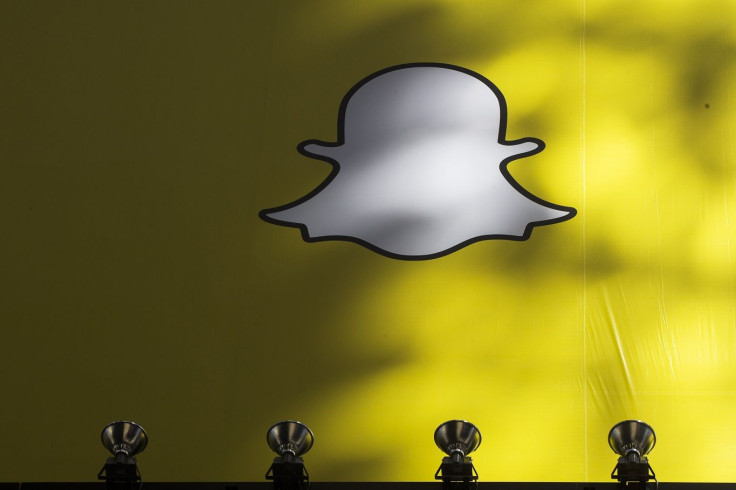Snapchat rises 44 percent higher than its IPO

Shares of Snap Inc., the maker of Snapchat, soars 44 percent in its debut on the New York Stock Exchange. The social media app is now worth an estimated US$33billion (AU$43 billion), making it cost three times as much as Twitter.
On Thursday, March 2, shares have opened for trade at US$24 (AU$31) per share, a climb from its US$17 (AU$22) per share the stock priced at Wednesday, March 1. Snapchat's initial public offering (IPO) marks the largest tech debut on the market since Chinese online retailer Alibaba started trading in 2014.
Evan Spiegel, the company's 26-year-old CEO, and his co-founder Bobby Murphy, 28, rang the opening bell at the New York Stock Exchange. Model Miranda Kerr, Spiegel’s fiancée, was spotted in the trading room floor as she took Snapchat selfies with other guests.
Spiegel, one of the youngest entrepreneurs in history to a take a company public, cannot exactly describe how he feels about the “milestone.” “How do we feel? We were just thinking about how do we answer that question,” he told Los Angeles Times.
The IPO has put to test the appetite of investors for a social media app that captures the attention of teenagers and people under 30. The app allows its user to utilise various filters from flower crowns to bunny faces.
In spite of the IPO’s success, Spiegel believes that there is more work to be done. In an email to their 2,000 employees, he noted that the IPO and the cash it brings should only be considered a “milestone.”
Meanwhile, Murphy shared that the company targets engagement more than anything. “We’re not just chasing growth,” “It’s engagement that leads to growth,” he said.
Daily Mail notes that the Snapchat CEO obtained the idea of the social media app while working on a school project at Stanford. He left school in 2012 to focus on the app. Spiegel and his co-founders turned down an offer from Facebook to acquire the company for US$3billion (AU$4 billion).
Spiegel and Murphy refused to give details of their future game plans in spurring virtual creativity and digital interactions. The company previously claimed that its mission is to reinvent the camera and introduce new ways for images to sync with the latest software.
“Five years ago, we came to the realization that the camera can be used for more than capturing memories,” Spiegel said. It can be used for talking too.





















